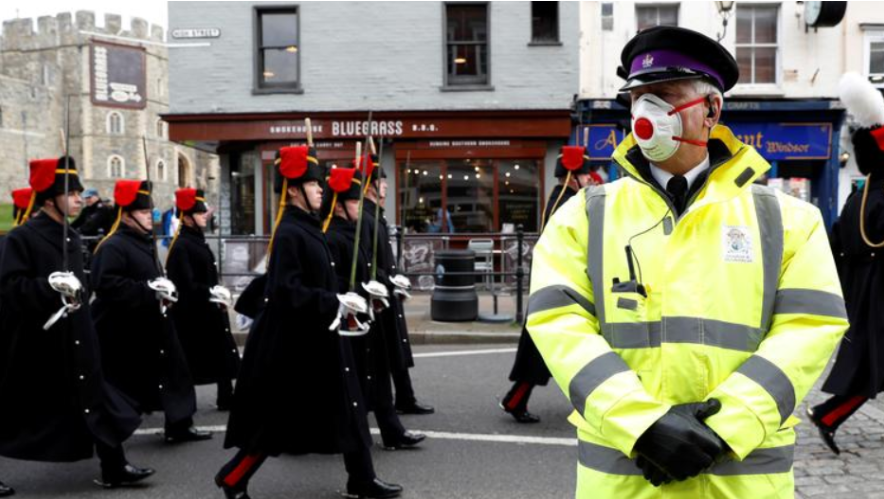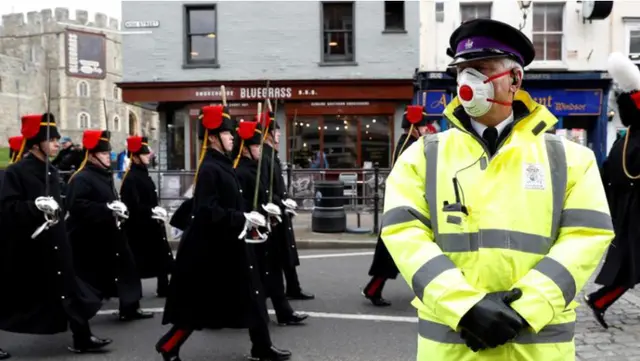
With Prime Minister Boris Johnson moved to intensive care, Britain's top diplomat Dominic Raab is now charged with leading the UK government. This is yet another signal that testifies to the importance of international collaboration especially in these perilous times.
Brexit's woes and perils
While Britain's post-Brexit plan has largely fallen off its national agenda due to the coronavirus havoc, it remains to be one of the most urgent issues that the Brexit stalwart will have to address after temporarily taking over from the prime minister.
The plan, which obligates Britain to cease following EU rules by year's end, has been dreadfully disrupted by the spread of COVID-19. The British government will have to make a hard decision as to whether drop its ambitious schedule since suspended negotiations between London and Brussels pointedly highlight the dilemma looming over the former EU member. The EU, on its part, has strongly recommended Britain to forgo the unrealistic calendar.
Last week, the largest group in the European parliament urged the UK government to do the "responsible thing" and extend the Brexit transition period. National leaders including Angela Merkel and Leo Varadkar have expressed deep concerns regarding the withdrawal agreement, which was deemed too short by EU experts even before the global pandemic prevailed.
Had the transition period ended without major issues such as trade terms being agreed upon, the once most powerful nation on the earth could be hemorrhaged by far-reaching consequences.
But despite EU's pleadings, Johnson has ruled out delaying the date when Brexit would finally take effect following Britain's 2016 vote to leave, confident that the country is ready to withdraw from its current cooperation accords.
Some observers also noted that London's fixation with a hard-line Brexit may have contributed to the sluggish coronavirus response, a government blemish that has already drawn mounting criticism. They believe Downing Street's tenacious penchant to remind the public of Britain's decision to leave as well as its own capabilities to fend off national threats have driven the government to take counterproductive steps – including a confused position on whether the UK should have taken part in an EU-wide effort to procure more ventilators.
"Brexit has almost certainly influenced this determination to not look like we're working with European countries. The response to questions about the German testing system has been extremely hostile," Anand Menon, professor of European and international politics at King's College London, told CNN.
(With input from agencies)
(Cover image: A security guard wearing a face mask stands outside Windsor Castle, Britain, March 17, 2020. /Reuters)
 简体中文
简体中文





